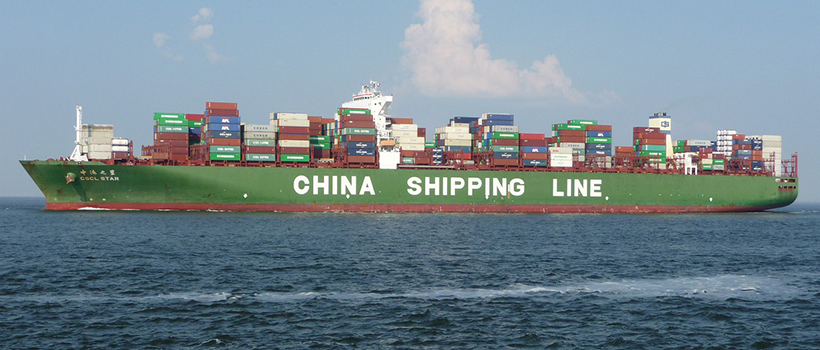
Exporting to China? Register with the GACC to comply with new food products regulation.
16 December 2021 | Xiangwen He, Senior Regulatory Advisor
Do you export food products to China?
This year, the General Administration of Customs of the People’s Republic of China (GACC) released Decree No. 248 and Decree No. 249, with a view to regulate food manufacturers and producers. Their aim, as of 1 January 2022, is to demonstrate that food imported into China meets food safety requirements and instil confidence in the Chinese people. To show conformity with standards, manufacturers and producers are required to register their factories with GACC before they can enter the Chinese market. Currently, the CIFER registration login page is in Mandarin, however, it is hoped that the page will be available in English soon (via an EN icon).
Current versus new regulations
Previously, registration was required for imported food products that fall in the meat, aquatic, dairy, and edible bird nest categories, however, the new regulation has broadened this list to include all imported food products.
Registration can be done in one of two ways
Registration is important. If import declarations are submitted by unregistered manufacturers they will not be accepted. In relation to Decree No. 248 factories can be registered following two different methods depending on the level of safety risk and the type of foods being manufactured. Registration is divided into those that fit into high safety risk ‘category 1’ foods and low safety risk ‘category 2’ foods. The former includes manufacturers and processors of 18 food groups, who cannot apply for registration, but who need to be recommended to GACC by competent local authorities. The latter applies to manufacturers who can apply directly to GACC. Categorisation can change as safety risk alters. It is worth noting, that food manufactured after 1 January 2022 will need to be labelled with the GACC registration number, which should be visible on the ‘sales unit’ or the ‘transport unit’.
Once the application is complete
After registration, the GACC will undertake a written request for supporting documents, testing, and inspections. Certificates will be valid for a duration of five years.
Free 30 minute Campden BRI webinar
Our Food Law Advisor, Xiangwen He, explains the developments and their implications for your business in a webinar. Xiangwen gives information about who needs to register in relation to the categories detailed in the 248 Decree. She explains the latest developments and how they could affect your business.
How we can help
We can assist you with matters regarding food and drink exports to China. We have an experienced regulatory team that can offer extensive and authoritative advice and information to help you stay compliant with food regulations. Please read our food law alerts and labelling updates for support on current food law, as well as guidance and updates on planned and pending legislation. If you need regulatory support or want to find out more please contact regulatoryadvice@campdenbri.co.uk.

About Xiangwen He
Xiangwen joined the Information Service team at Campden BRI in 2007 and moved to the International Regulatory Affairs team in 2015. Xiangwen has food safety regulatory expertise in numerous Asian markets (including China, Hong Kong, Taiwan, Macao, India, Singapore and Malaysia) and some Southern African countries (Botswana, Zambia, Mauritius, Zimbabwe). She offers various services including food products compliance check, label review and regulatory training courses, and more.
Further Regulatory Support
Our experienced team of regulatory experts can help you ensure that your products are compliant with the legislative requirements of your target market.
Are you a Campden BRI member who attends the MIG meetings?
- If not, you’re missing out on a whole host of exclusive benefits such as learning from industry-leading experts and networking with peers to overcome your challenges






